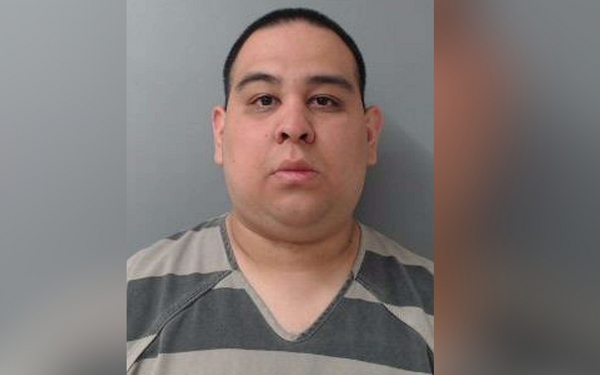Biotech stocks Akero Therapeutics and 89bio rocketed Monday after the former announced promising test results for a liver disease treatment.
Akero tested two doses of its drug, efruxifermin, over 96 weeks in patients with metabolic dysfunction-associated steatohepatitis, or MASH. In this disease, fatty tissue builds up on the liver, and eventually causes damage known as fibrosis.
After 24 weeks, 41% and 39% of the high-dose and low-dose groups, respectively, showed improvement in fibrosis with no worsening in MASH symptoms. Just 20% of placebo recipients hit the same bar. The results were stronger after 96 weeks, with 75% of high-dose recipients and 46% of low-dose patients showing fibrosis improvement, compared to 24% for the placebo group.
Akero stock soared 11.7% to 31.07. The results also buoyed 89bio stock. The company is working on a similar treatment for MASH and the biotech stock launched 9.1% to 13.77. 89bio stock retook its 200-day moving average, according to MarketSurge.com.
Biotech Stocks Rocket On 'Compelling' Test Results
Leerink Partners analyst Thomas Smith says the results show a "compelling fibrosis benefit." Akero and 89bio are working on drugs that mimic the biological activity of FGF21, a hormone that helps regulate metabolic parameters. The results suggest this approach works well in patients with fibrosis stages two and three, he said. Fibrosis is measured in stages one through four, with four being the worst.
"However, some concerns remain on the bone mineral density reduction signal that appears specific to (Akero's) efruxifermin, and we see opportunity for a better-tolerated and/or less frequently dosed FGF21 (drug) to be used preferentially," he said in a report.
Smith has an outperform rating on biotech stock 89bio. He doesn't have a rating on Akero stock.
RBC Capital Markets analyst Brian Abrahams agreed the fibrosis results appeared promising. But the results for MASH resolution were less so. To gain approval, a drug must improve fibrosis by at least one stage, but not lead to worse MASH symptoms. Or, a drug can resolve MASH symptoms, but it must not cause worse fibrosis.
After 96 weeks, 62% and 57% of high-dose and low-dose efruxifermin recipients, respectively, showed MASH resolution without any worsening in fibrosis. Just 24% of placebo patients met the same bar. But a statistical analysis suggested those results could decline over time.
MASH "resolution did not look at robust at 96 weeks, though it also declined for placebo and this is a less critical (goal) for outcomes," Abrahams said in a note. He also noted improvements in triglycerides declined over time. Abrahams kept his sector perform rating on biotech stock 89bio.
Follow Allison Gatlin on X, the platform formerly known as Twitter, at @IBD_AGatlin.







